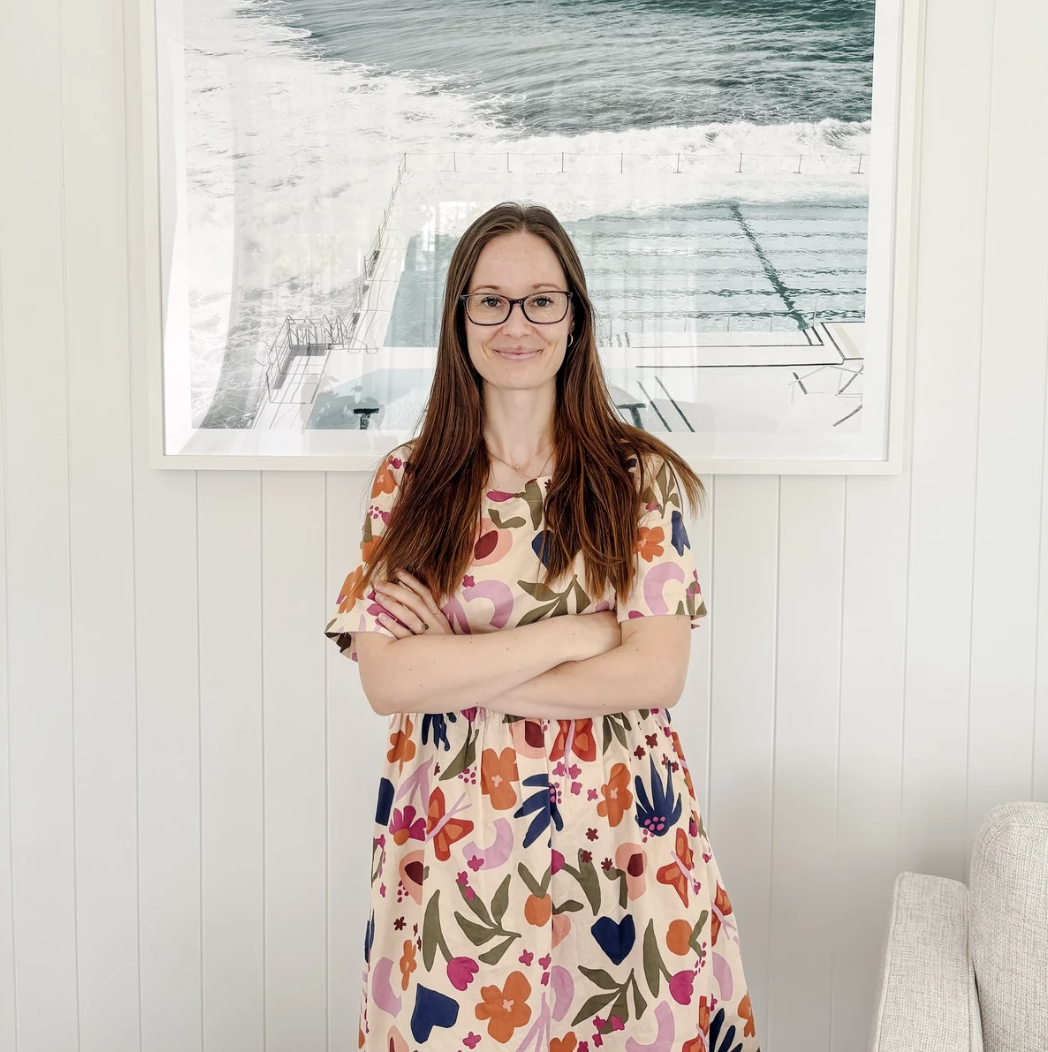
In the complex landscape of eating disorder treatment, understanding Persistent Drive for Autonomy (PDA) is an important component for healthcare professionals. This often-overlooked dimension can significantly impact treatment outcomes and client engagement. As practitioners, recognising and adapting to PDA can shift our therapeutic relationship approach to support neurodivergent folks, those with complex trauma, and other presentations that may not be a fit for first line treatment.
Persistent Drive for Autonomy describes a profound need for self-determination that extends beyond typical independence-seeking behaviours. For individuals with eating disorders, this manifests as an intense resistance to external control, whether perceived or real, and can become a significant barrier to traditional treatment approaches.
Conventional eating disorder treatment models sometimes inadvertently create opposition by utilising directive approaches.
When faced with a strong PDA profile, strategies like meal plans, structured interventions, and traditional authority-based therapeutic relationships may unintentionally strengthen resistance rather than fostering recovery.
Adapting our approach to accommodate PDA doesn't mean abandoning clinical expertise or evidence-based practice. Instead, it requires thoughtful modifications to how we deliver care:
The ultimate goal isn't to abandon treatment frameworks but to reimagine how we implement them. By recognising and accommodating PDA, we create therapeutic spaces where clients can meaningfully engage without triggering resistance.
Successful treatment becomes a collaborative partnership - one where professional expertise meets client autonomy to chart a sustainable recovery path together. This approach honours both the clinical necessity of intervention and the fundamental human need for self-determination.
By understanding PDA, we don't just improve outcomes, we shift the recovery experience itself, creating space for lasting change that respects the whole person.
#PDA #AutismSupport #MentalHealth #EatingDisorders #Healthcare #CollaborativeCare #RecoverySupport
We do not offer a one size fits all but instead see each client as a whole person requiring an individualised approach.
View our servicesOur psychologists and dietitian are skilled in the areas of neurodivergence, eating disorders, & complex trauma.
Meet the teamOur approach is neurodiversity affirming, trauma-informed, weight neutral, and intersectional.
Book online